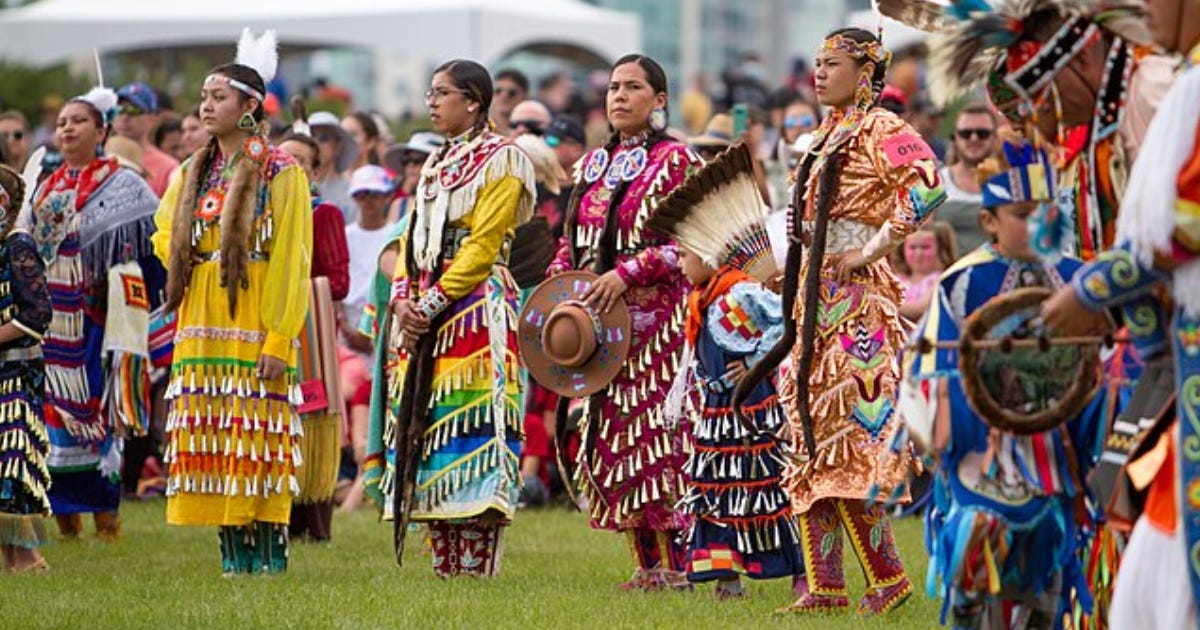Canadians divided on First Nations’ power over infrastructure projects
Canadians are divided on how much power Indigenous communities should have over national infrastructure projects.
Canadians are divided on how much power Indigenous communities should have over national infrastructure projects, with 40 per cent believing that the government should have the “final say.”
A survey published by the Angus Reid Institute found that two-in-five believe meaningful Indigenous consultation is needed for new projects launched under Bill C-5.
“One-quarter say First Nations should have a veto if projects infringe on their traditional territory, and the same number say infrastructure in the national interest should proceed regardless of objections,” reads the survey.
Prime Minister Mark Carney has vowed to recognize and affirm Section 35 of the Constitution Act and the rights outlined in the United Nations Declaration on the Rights of Indigenous Peoples.
The Carney government has pledged to honour the principle of free, prior, and informed consent from First Nations in tandem with streamlining infrastructure projects deemed to be of national interest.
Carney has already convened several consultation summits with Indigenous leaders in recent months.
However, 43 per cent of Canadians are unaware that Parliament enshrined UNDRIP into law in 2021, while 34 per cent have heard of it but say they don’t know much about it.
“When informed of the obligations and principles, Canadians lean toward scaling back UNDRIP commitment in favour of development projects (43 per cent), rather than ensuring that it is protected, even if that means projects are slowed (30 per cent),” reads the survey.
“Many remain unsure of how Canada should handle its commitment (27 per cent),” while “more than half of those who identify as First Nations and 44 per cent of Métis say that Canada should prioritize UNDRIP.”
Ontario passed similar legislation earlier this year with the introduction of Bill 5, which aims to expedite regulatory processes.
However, nine Indigenous communities in Ontario have launched a legal challenge with the Ontario Superior Court of Justice against Bill C-5 and Bill 5 last month, claiming that they present a “clear and present danger” to their way of life.
Last month, the Ministry of Justice declined to give a clear, definitive answer on whether First Nations have a legal veto over natural resource and infrastructure projects.
In an email response to True North, the Department of Justice did not directly answer whether Indigenous communities hold veto power under Canadian law.
“Free, prior and informed consent (FPIC) is about processes that facilitate working together in partnership and respect, and striving to achieve consensus as parties work together in good faith on decisions that impact Indigenous rights and interests,” the department wrote. “It is not about achieving a particular outcome.”
“There is no ‘one size fits all’ for all Indigenous peoples in terms of what it means or how it is implemented on the ground,” the statement continued.
“When the Indigenous rights and interests at issue are significant and potential impacts on those rights are severe, Canada recognizes there is a heightened requirement for effective and meaningful participation in decision-making with the goal of achieving consensus.”
The email did not say whether consensus is legally required or whether projects can proceed without it.






Seriously… indigenous communities can’t even run their own reserves In a fiscal, ethical, practical and responsible manner. They certainly should not have any power over national infrastructure projects! Good grief!